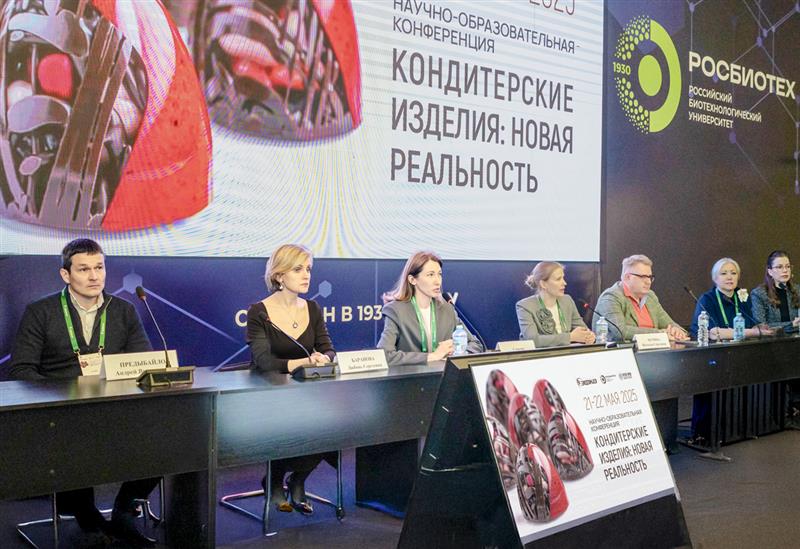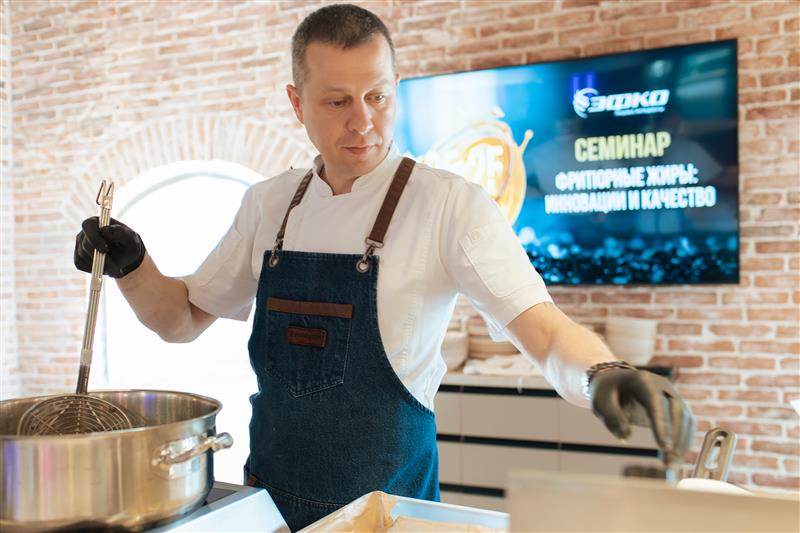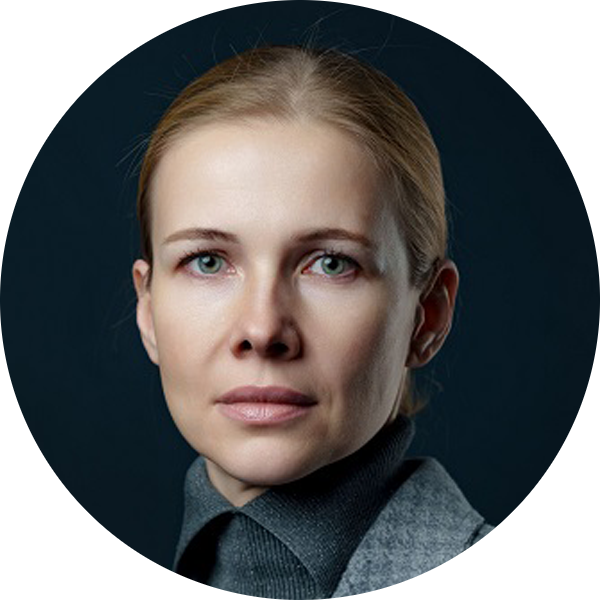The confectionery industry is on the verge of a major transformation. Consumer preferences are changing, and technological processes are becoming more advanced. The future of confectionery production lies at the intersection of science, technology, and a deep understanding of human needs. At the “EFKO” conference – titled “Confectionery: A New Reality” — scientists, technologists, and market experts gathered to discuss how the industry is dealing with these shifts.
Speed. Courage. Smoothness. The confectionery industry has entered a new era — an age of cutting-edge technology, personalized approaches, and the search for sugar alternatives. The trends are already being shaped by Generation Alpha — those who navigate the world through screens and tailored algorithms from the first days of their life. They are the ones transforming the industry today.
The market is now seeing a surge of innovative products that harmonize health benefits with bold flavors. Confectionery now features probiotics, vitamins, superfoods, and exotic tastes like yuzu, matcha, tea leaf, balsamic-banana, prickly pear, and poppy — signaling a shift from Western to Eastern-inspired preferences. Limited-edition treats — candies shaped like cupcakes, Easter kulich bread, or even diamonds — are no longer a niche trend but a mainstream demand.
Success belongs to those who drive innovation — launching cutting-edge technologies and breakthrough products. Businesses need young talents ready to tackle ambitious projects. Leading universities are our key partners in talent development — they tailor their curricula to real-world manufacturing needs. Students gain knowledge there, and we give them the platform to put it into action — right on our production lines.
For this reason, EFKO Group organized the conference in collaboration with two top academic institutions: ROSBIOTECH (Russia’s foremost food technology university) and Plekhanov Russian University of Economics (the nation’s leading economic university). The event brought together key confectionery manufacturers from Russia and CIS countries. Following the conference, participants received state-certified professional development certificates from ROSBIOTECH.
|
Natalia Murina Vice Rector for Technological Development at ROSBIOTECH |
“Historically, our university has trained specialists for the confectionery industry. Our dedicated department ‘Confectionery, Sugary, Subtropical, and Flavoring Technologies’ — offers unique programs at both bachelor’s and master’s levels, as well as various professional development courses,” said Natalia Murina, Vice Rector for Technological Development at ROSBIOTECH. |
|
Tatiana Savenkova Professor and Director of the Research Institute at Plekhanov Russian University of Economics |
“Moreover, we conduct joint research projects with universities. EFKO has been our long-term industrial partner, and together we’ve successfully executed multiple projects analyzing consumer properties of new product categories,” explained Dr. Tatiana Savenkova, Professor and Director of the Research Institute at Plekhanov Russian University of Economics. |
Innovation is not just a trend – it’s the key to progress. EFKO technologists presented our product solutions that help manufacturers expand their range, including: specialty fats with shea butter for chocolate and nut butter, equivalents and improvers of cocoa butter for chocolate, mixed-type cocoa butter substitute for coatings, emulsifiers. All these ingredients were previously imported, but today we have launched their successful domestic production.
|
Ekaterina Shishkina EFKO Group technologist |
“One effective solution for manufacturers is our barrier fats with shea butter from the ‘Ekomix’ line,” explained Ekaterina Shishkina, EFKO Group technologist. “These are specifically formulated for nut-containing confectionery. Natural nut oils tend to migrate and oxidize that lead to product ‘blooming’ — white coating that appears on the surface. Our barrier fats help slow this process. Moreover, the shea butter helps fully enhance product taste and aroma profile.” |
Today, “healthy” and “delicious” are no longer mutually exclusive concepts. Thanks to breakthroughs in food technology, manufacturers can now preserve texture, flavor, and visual appeal even in completely sugar-free sweets. At the conference, EFKO’s technologists invited participants to taste candies with an innovative ingredient — sweet protein — including: hazelnut-chocolate varieties, raspberry fruit-berry blends, creamy rum and cherry options.
The surprising flavor profile delighted attendees. This sweet protein — a groundbreaking ingredient for the Russian market — is:
- a thousand times sweeter than sugar;
- zero blood sugar impact;
- non-contributory to fat accumulation;
- enables guilt-free indulgence.
Conference attendees also tested chocolates with EFKO’s cocoa butter improver. Even the most discerning industry experts noted significant enhancements compared to traditional cocoa butter chocolate, including:
- improved tempering stability;
- faster crystallization rates;
- superior hardness and clean snap.
|
Evgenia Potekhina EFKO Group technologist |
“It’s no secret that cocoa product prices have undergone significant fluctuations,” noted Evgenia Potekhina, EFKO Group technologist. “This compels manufacturers to seek balanced solutions that meet consumer expectations. EFKO offers viable alternatives, such as equivalents and improvers of cocoa butter. These allow producers to maintain product quality — keeping it familiar to consumers — while stabilizing and enhancing technical performance.” |







